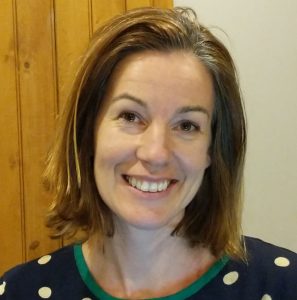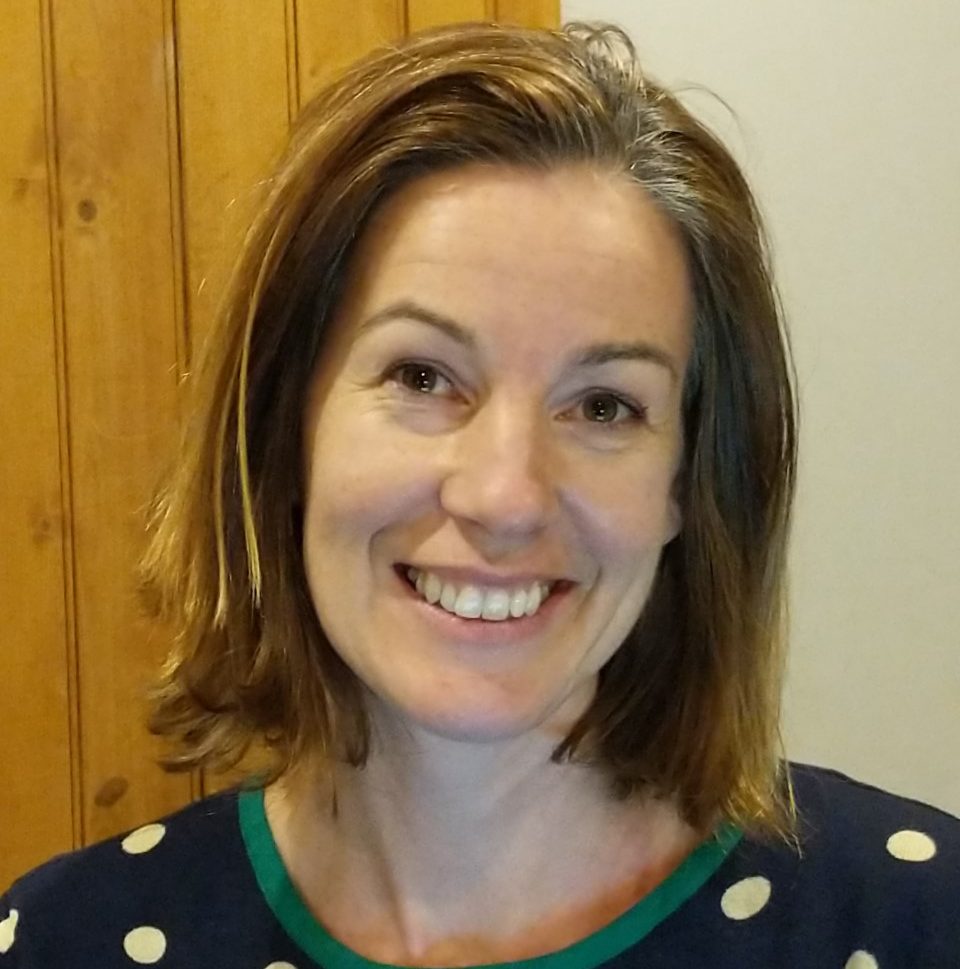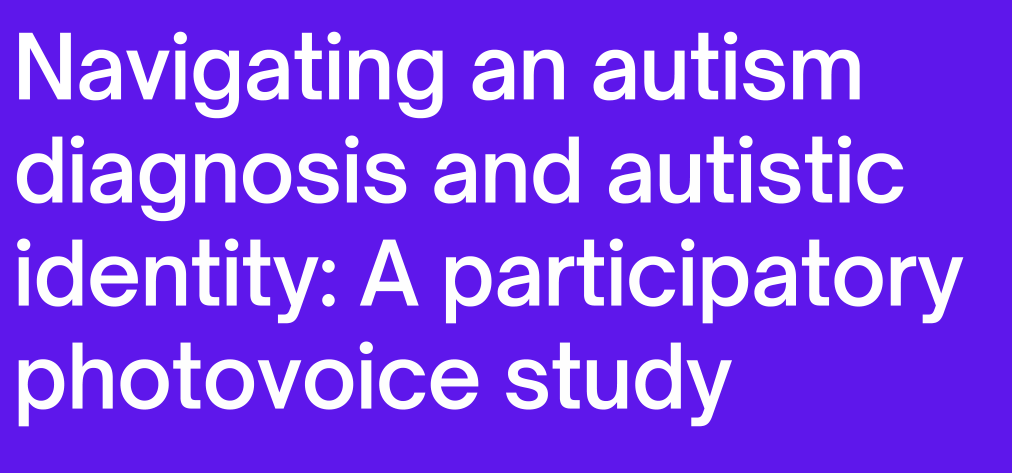News
Stirling Autism Research (STAR) at the International Society for Autism Research general annual meeting (INSAR).
Each year INSAR holds a research conference (their general annual meeting) which brings together researchers from all over the world. Members from the Stirling Autism Research (STAR) team will be attending the conference this year and presenting work spanning the topics of healthcare access, mental health and quality of life across the adult lifespan, the impact of COVID-19, autistic community connectedness, stigma, and episodic memory and future thinking. There will be several posters from our research group presented, and a panel on stigma co-chaired by Dr Eilidh Cage and Dr Monique Botha. We are using this as a platform for disseminating our research to a global audience, and our research topics focus on matters that can hopefully make a difference to the lives of autistic people, now and in the future.
Having said that, we wanted to note that although we are attending INSAR to disseminate our research findings to a wider audience, we do not support or endorse the whole range of research that is being presented at INSAR. Autism research can be exceptionally problematic, dehumanizing, and marginalising. As INSAR brings together people globally from a range of disciplines, this includes research on topics such as causes and cures. We do not endorse that kind of research, which are not autistic community priorities (see Roche et al., 2021). We think it is vital that research that does represent autistic community priorities is featured at INSAR.
To promote transparency, clarity, and openness we will be making our contributions available soon, so that everyone can see what we have been researching here at STAR. We will be making accessible explanations of all of work and sharing these via Twitter and our STAR blog Our first and foremost priority is for ethical, transparent, engaged, and socially proactive research which can make a difference for autistic people.
If you would like to be involved in shaping or find out more about our research, please contact us by sending an email to autismresearch@stir.ac.uk
Welcome to Marisa!
A huge welcome to Marisa McKinlay, who has recently joined the STAR team as a PhD student.
Marisa will be looking at social issues for autistic adolescents. As an experienced Speech and Language Therapist, she is passionate about supporting communication and how environments can be changed to allow increased social engagement where desired. Her research aims to work with autistic students and those around them, identifying enabling factors and barriers to social participation in secondary school.
Marisa is supervised by Dr Eilidh Cage, Dr Catherine Grainger and Dr Mary Stewart (Heriot-Watt). We’re looking forward to getting started!

Marisa McKinlay
Marisa McKinlay, PhD Student
Marisa is a part-time PhD student, looking at issues for autistic adolescents. As an experienced Speech and Language Therapist, she is passionate about supporting communication and how environments can be changed to allow increased social engagement. Her research aims to work with autistic young people and those around them, identifying enabling factors and barriers to participation in secondary school. She is supervised by Dr Eilidh Cage, Dr Catherine Grainger and Dr Mary Stewart (Heriot-Watt).
Welcome to Dr Botha plus new paper published
We are delighted to welcome Dr Monique Botha to the STAR team as a Post-Doctoral Fellow, funded by the ESRC (Economic and Social Research Council) via the Scottish Graduate School of Social Science.
Monique’s research to date has focused on the role of minority stress, stigma, and discrimination in the mental health outcomes of autistic people. Further, Monique’s recently finished PhD in Psychology from the University of Surrey investigated whether autistic community connectedness buffers against the impact of these extra stresses. As an autistic autism researcher, Monique is passionate about a socially just, ethical, and engaged form of science, which aims for emancipation and equality.
Additionally, Monique has just had a new paper published, entitled “”Autism is me”: an investigation of how autistic individuals make sense of autism and stigma”. This qualitative research looked closely at how autistic people make sense of being autistic and the stigma often attached to autism. Twenty autistic adults shared their experiences and spoke of how autism was just part of who they were, yet society often viewed autism as something negative. This feeling could cause tension and personal conflicts as autistic people have to figure out when and who it is safe to tell that they are autistic. The participants also talked about the need to reframe others’ understanding of autism.
You should be able to read the paper by visiting this link or contact Monique via email (m.d.botha@stir.ac.uk).
Dr Monique Botha, Research Fellow
Monique’s research focuses on the role of minority stress, stigma, and discrimination in the mental health outcomes of autistic people. As an autistic autism researcher, Monique is passionate about a socially just, ethical, and engaged form of science, which aims for emancipation and equality. Monique currently has a 3-year Leverhulme Fellowship where they will be examining dehumanisation and interpretation bias in autism researchers.
New open-access position paper on Social Prescribing for Autistic people
Social Prescribing (SP) is the referral of patients to non-clinical services for practical, physical or psychosocial support. Recent guidelines from the National Health Service England mean that SP will become commonplace for people with complex healthcare needs. Autistic adults make up 1% of the population and commonly have co-existing physical and mental health conditions, therefore they are likely to be referred to SP services. As yet, no studies have examined the efficacy of SP for autistic adults. In this letter, we review the existing literature examining the efficacy of SP in the general population. We further examine the factors that should be considered when offering SP to autistic adults in order to optimise outcomes.
Researchers: Rebecca A. Charlton  , Catherine J. Crompton
, Catherine J. Crompton  , Amanda Roestorf
, Amanda Roestorf  , Christopher Torry
, Christopher Torry  , The Autistica Physical Health and Ageing Study Group
, The Autistica Physical Health and Ageing Study Group
First published: 27 April 2020
Open access article available here: https://amrcopenresearch.org/articles/2-19/v1







